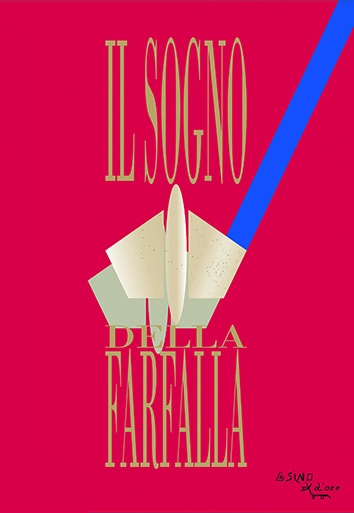1791: quando non bastò dire che «la donna nasce libera e rimane uguale all’uomo nei diritti». Per una lettura critica dell’idea di uguaglianza
Abstract
The article attempts to focus on the idea of “equality” and how it was seen by women in the 17th century through an analysis of the works and the lives of two female figures emblematic of that period: the French Olympe de Gouges, author of the “Declaration des droits de la femme et de la citoyenne” on the model of the “Declaration des Droits de l’Homme”, and the English thinker Mary Wollstonecraft. What comes out clearly is that women, along with all “weaker” individuals, have never gone beyond a formal or material equality, in absence of a concept of equality as a universal element that, from birth, confers humanity to all individuals without denying diversity, evolution and transformation of a personal nature. Their biographies and the relationships pertaining to their private sphere, rather than their works, reveal us best the struggles they had undertaken.


